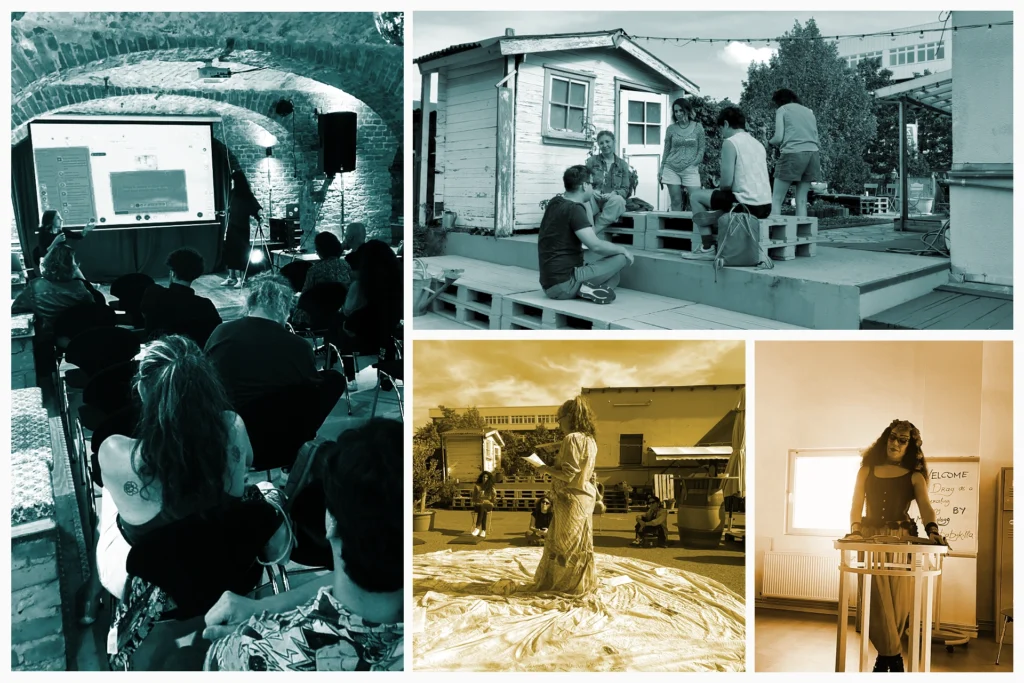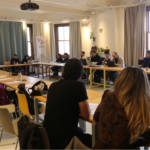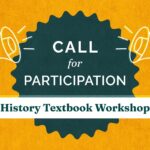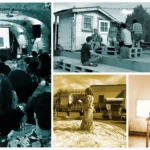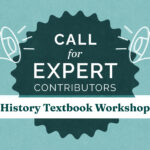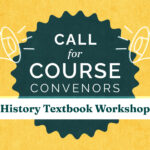We organised our second Off Festival this year, which took place on the weekend of September 20-21. The festival programme included workshops, a panel discussion, artistic performances, a film screening, and, of course, food, music and dancing! We concluded the weekend with our yearly General Assembly.
We opened the festival with the exhibition, Who Knows Maybe We’ll Come Again, which brought together Kimbal Bumstead, Zahra Gardi, Adi Liraz, Negar Tahsili, Menekşe Aydın, Qaduda, Sema Semih, Raphael Vella, and Abigail Ardelle Zammit. Their works vary widely, from performances to photography, illustrations, and video installations. The artistic programme was curated by Seçkin Aydın.
Through the festival programme, we had the chance to reflect on the past year, discuss future plans, connect with our allies and colleagues, share Off University’s work and learn from each other.
To exchange on Off University’s main pillars, Ferda Fahrioğlu held the session The role of Civil Society in Peacebuilding: The Critical Peace Network Experience to discuss the experience of founding a peace network and explore the significance of bottom-up peacebuilding processes and the role of civil society in them; Mohamad Moustafa Alabsi’s session Academic Narratives on the Syrian Conflict: How Can Syrian Studies Contribute to Rebuilding Social Sciences in Syria? offered space to brainstorm on effective strategies for disseminating academic knowledge about the Syrian conflict in Arabic; Fırat Erdoğmuş held Commoning Knowledge: Towards Cooperative Review and Peer Production to explore how we can collectively produce and evaluate knowledge through participatory, decentralised, and commons-based practices.
The programme was enriched by Sema Semih and babykilla with their contributions, which sit between research and art, bringing different methodologies together. We watched 9/8FIGHT41: “A 9/8 Fight for All of Us” by Gizem Aksu, where Sema Semih was featured, and had a discussion with them on the main character of the film, German Sinti-Roma boxing legend Johann Rukeli Trollmann (1907-1944), and different experiences of othering and being the other. babykilla brought drag into the “classroom” with Drag as a Liberating Teaching Methodology, where the participants discovered together how performance and play can create inclusive, critical, and joyful learning environments. Read more on the sessions and the reflections of the sessions hosts’ below.
Academic Narratives on the Syrian Conflict:
How Can Syrian Studies Contribute to Rebuilding Social Sciences in Syria?
with Mohamad Moustafa Alabsi
The session was organized as a workshop. We began with Q/A about recent events in Syria, especially the chances of social healing after the mass killings that took place on March and July 2025. We also discussed number of dynamics that characterize the Syrian information environment and Syrian social media sphere after the fall of Assad, and how/why current events are reproducing the same dynamics of post-2011 (saturation, polarization, fragmentation…).
While discussing the potential role of the community of Syrian scholars in rebuilding and reconciling Syrian society, the focus was put on the urgency to make Syrian studies available in Arabic, as a tool to stimulate social sciences within Syrian campuses, and open the debate of narratives between exiled scholars and Syrians on the ground.
Commoning Knowledge:
Towards Cooperative Review and Peer Production
with Fırat Erdoğmuş
This workshop examined the structural limits of academic knowledge production, highlighting barriers such as paywalls, opaque peer review, metrics-driven publishing pressures, and slow workflows that restrict collaboration and access, especially for marginalized communities. Led by Dr. Fırat Erdoğmuş, the session introduced practical frameworks to reimagine knowledge creation through commons-based, community-governed approaches emphasizing transparency, cooperation, and inclusivity. Nilgün Yelpaze from Philipps-Universität Marburg contributed a video presentation on the Kurdish Documentary Cinema Map, illustrating how decentralized projects can enrich collective scholarship. In a hands-on segment co-led by Dr. Julia Strutz, participants collaborated on PubPub to co-create open-access content, fostering visions of transparent, community-driven knowledge ecosystems and laid the foundation for future collaborative networks.
9/8FIGHT41:
“A 9/8 Fight for All of Us”
with Sema Semih
Rukeli Trollmann (1907–1944), a Sinto boxing legend, faced severe violence and discrimination under the Nazi regime for “boxing by dancing like a Gypsy.” He was ultimately murdered in 1944. Inspired by Trollmann’s life and struggle, the short documentary dance film explores the immigration experience of Gizem Aksu and the broader fight for justice in Istanbul. Following the screening, a Q&A session with Aksu featured an engaging discussion on migrant experiences and the role of dance and movement practices in cultivating resilience and resistance.
Drag As A liberating teaching methodology
with Babykilla
Was it a workshop, was it a lecture, or, was it a performance? Well, if we are talking about drag, are there any rules, really? As a facilitator in drag, I did my best to blur all of these boundaries throughout the session and let everyone learn and also teach knowledge gained by embodied experience. The participants, my colleagues came up with their drag professor names, and in small groups, they discussed topics and with actual pieces that I wear on stage, some accessorized themselves before giving their mini-lectures. Through drag, we disrupted seriousness, destabilized hierarchies, and invited play into the room with my drag professor colleagues. In the end, my journey as a Kurdish trans woman doing drag yielded some lessons that would hardly be available in any academic work.

